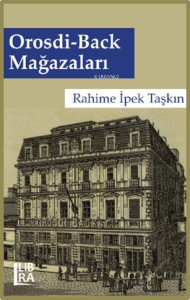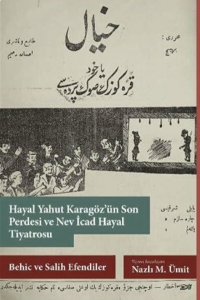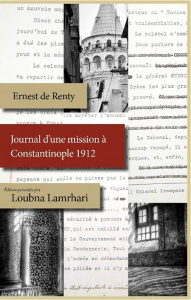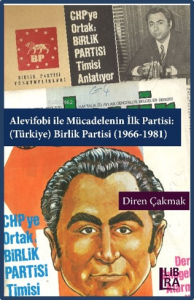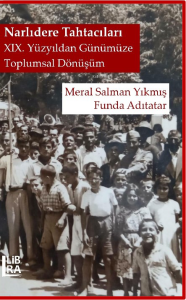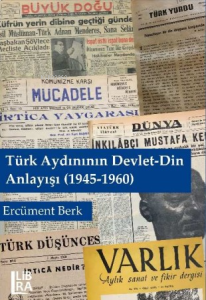9786258472455
802750
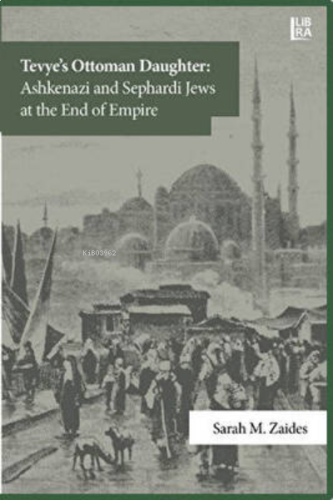
https://www.hesapli24.com/tevyes-ottoman-daughter-ashkenazi-and-sephardi-jews-at-the-end-of-empire
Tevye's Ottoman Daughter: Ashkenazi and Sephardi Jews at the End of Empire
61.52
In existing scholarship on Jewish subjects of the Russian Empire, there were three typical fates available to Russia's Jews on the eve of the Bolshevik Revolution: they could remain in the shtetl, leave for a new life in America, or participate in the Russian Revolution. Tevye's Ottoman Daughter traces a fourth path, following the saga of Ashkenazi Jews who instead crossed the Black Sea to join their Sephardic coreligionists in the Ottoman capital of Constantinople and later Istanbul, or who joined agricultural farming communities in the Western Aegean sponsored by the Baron Maurice de Hirsch's Jewish Colonization Association. There, they considered, and reconsidered, the possibilities open to them, including eventual migration to Palestine, Western Europe, North America, and Argentina. Others stayed and forged a new life as an Ashkenazi minority in Istanbul, creating new organizations, places of worship, and political practices. These Russian Jewish migrants give us insight into the ethnic, religious, and political challenges and aspirations twilight years of the Ottoman Empire on the brink of Turkish statehood.
In existing scholarship on Jewish subjects of the Russian Empire, there were three typical fates available to Russia's Jews on the eve of the Bolshevik Revolution: they could remain in the shtetl, leave for a new life in America, or participate in the Russian Revolution. Tevye's Ottoman Daughter traces a fourth path, following the saga of Ashkenazi Jews who instead crossed the Black Sea to join their Sephardic coreligionists in the Ottoman capital of Constantinople and later Istanbul, or who joined agricultural farming communities in the Western Aegean sponsored by the Baron Maurice de Hirsch's Jewish Colonization Association. There, they considered, and reconsidered, the possibilities open to them, including eventual migration to Palestine, Western Europe, North America, and Argentina. Others stayed and forged a new life as an Ashkenazi minority in Istanbul, creating new organizations, places of worship, and political practices. These Russian Jewish migrants give us insight into the ethnic, religious, and political challenges and aspirations twilight years of the Ottoman Empire on the brink of Turkish statehood.
Yorum yaz
Bu kitabı henüz kimse eleştirmemiş.


